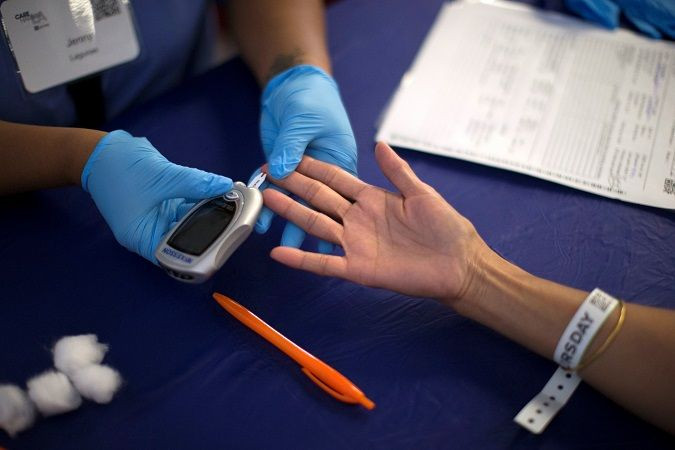Parkinson’s Disease Cure Update: Diabetes Drug That May Slow Progression Is Being Readied For Trials

A new study published in the journal Science Translational Medicine has revealed that a diabetes drug may also treat the symptoms of Parkinson’s disease. Now the investigational drug is being readied for human clinical trials.
The drug, called MSDC-0160, was originally developed for Type 2 diabetes. It has the potential to be the world's first therapy to treat Parkinson’s disease, and could also slow its progression. The drug "appears to regulate mitochondrial function in brain cells and restore the cells' ability to convert basic nutrients into energy," Medical Xpress reported. As a result, the cells can better fight off harmful proteins, which may reduce inflammation and protect nerve cells.
Read: Parkinson's Disease Vs. Essential Tremor Early Symptoms, How They Differ
"We hope this will be a watershed moment for millions of people living with Parkinson's disease," said the study’s senior author Patrik Brundin, M.D., Ph.D., according to Medical XPress. "All of our research in Parkinson's models suggests this drug could potentially slow the disease's progression in people as well.”
As many as one million Americans currently live with Parkinson's disease, and approximately 60,000 Americans are diagnosed each year. Around the world, more than 10 million people worldwide are living with the disease, according to the Parkinson’s Disease Foundation.
The most common symptoms of Parkinson’s disease include tremors, shaking, loss of smell, trouble with sleeping, dizziness, fainting, and difficulty walking or even moving, according to the National Parkinson Foundation.
"This is an immensely promising avenue for drug discovery," Brundin added, Medical XPress reported. "Whatever the outcome of the upcoming trial for Parkinson's, we now have a new road to follow in search of better treatments that cut to the root of this and other insidious diseases."
Source: Ghosh A, Tyson T, George S, Hildebrandt EN, Steiner JA, Madaj Z, McDonald WG, Colca JR, et al. Mitochondrial pyruvate carrier regulates autophagy, inflammation, and neurodegeneration in experimental models of Parkinson’s disease. Science Translational Medicine. 2016.
See Also:
Parkinson's Early Diagnosis: Simple Eye Test Spots Changes In Retina Cells Before Symptoms Appear
Symptoms Of Parkinson’s 2016: Early Warning Signs Of The Disease
Published by Medicaldaily.com



























